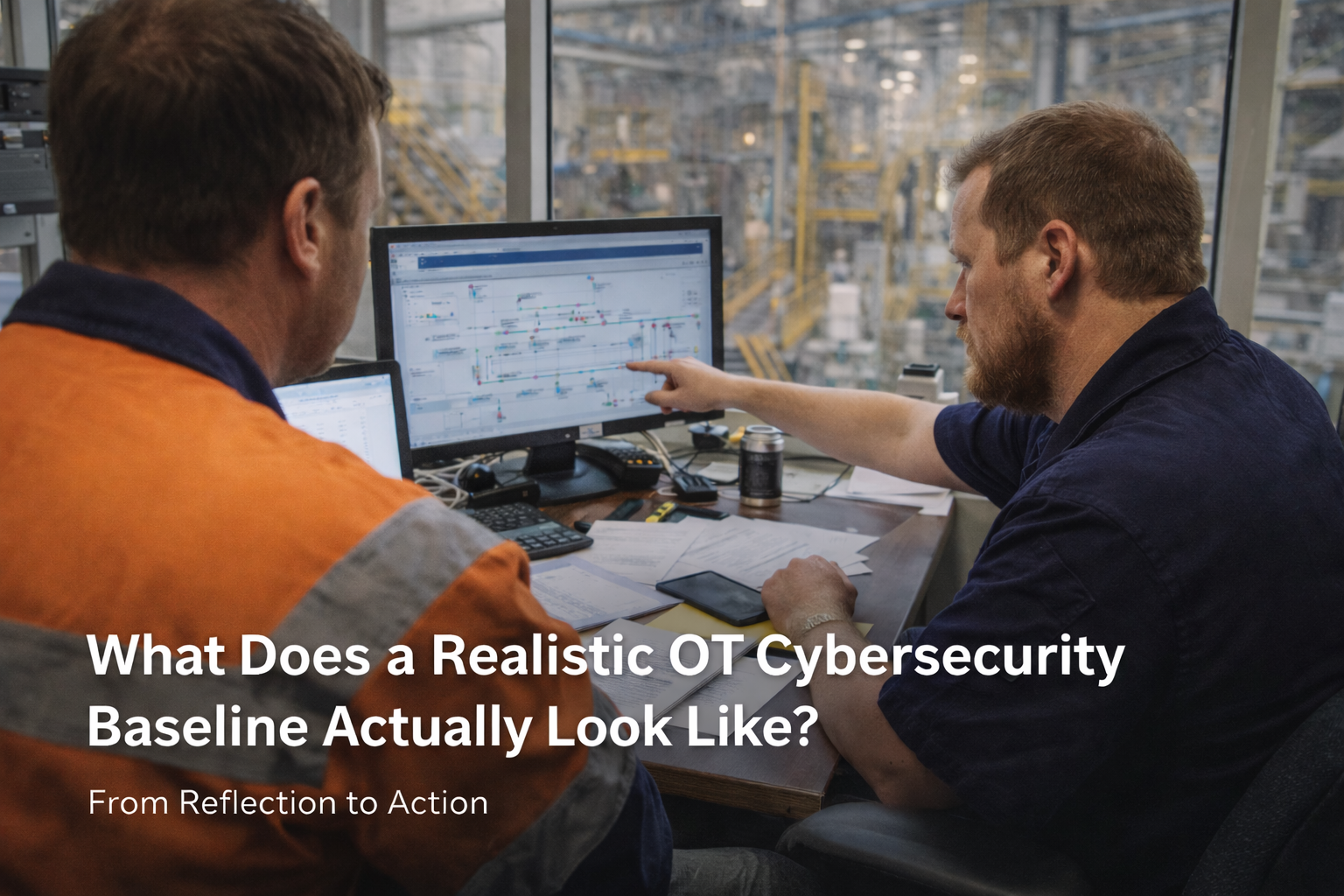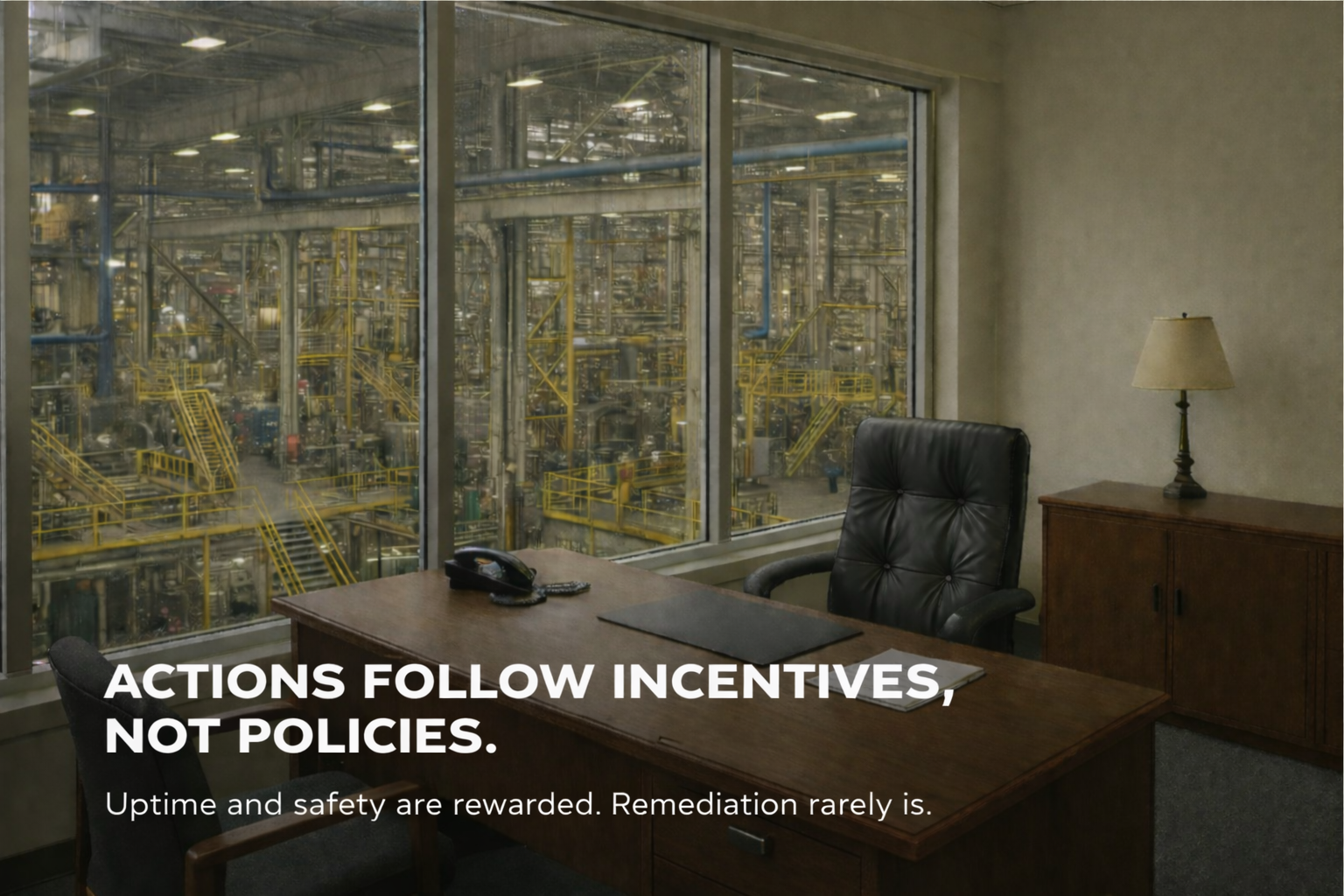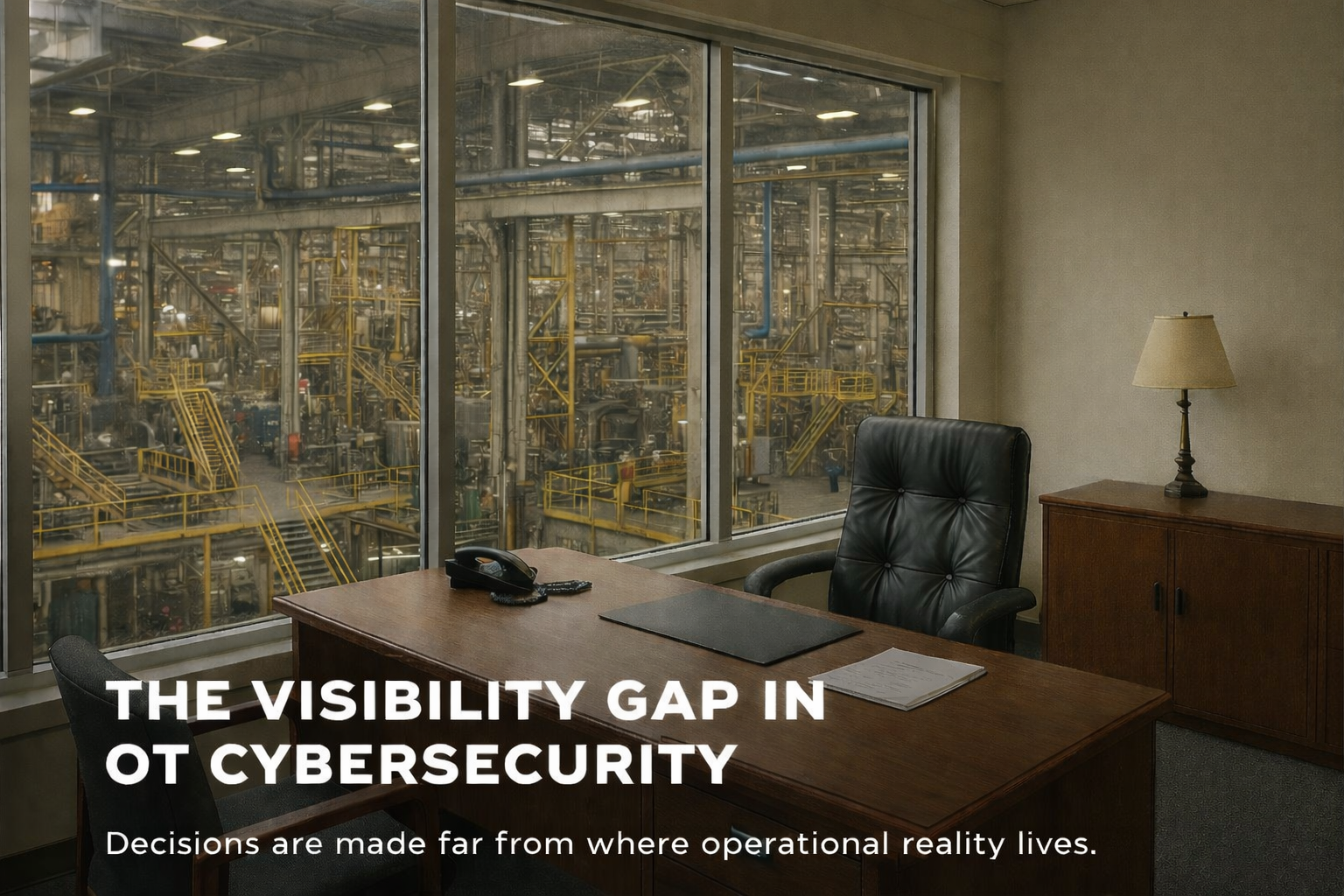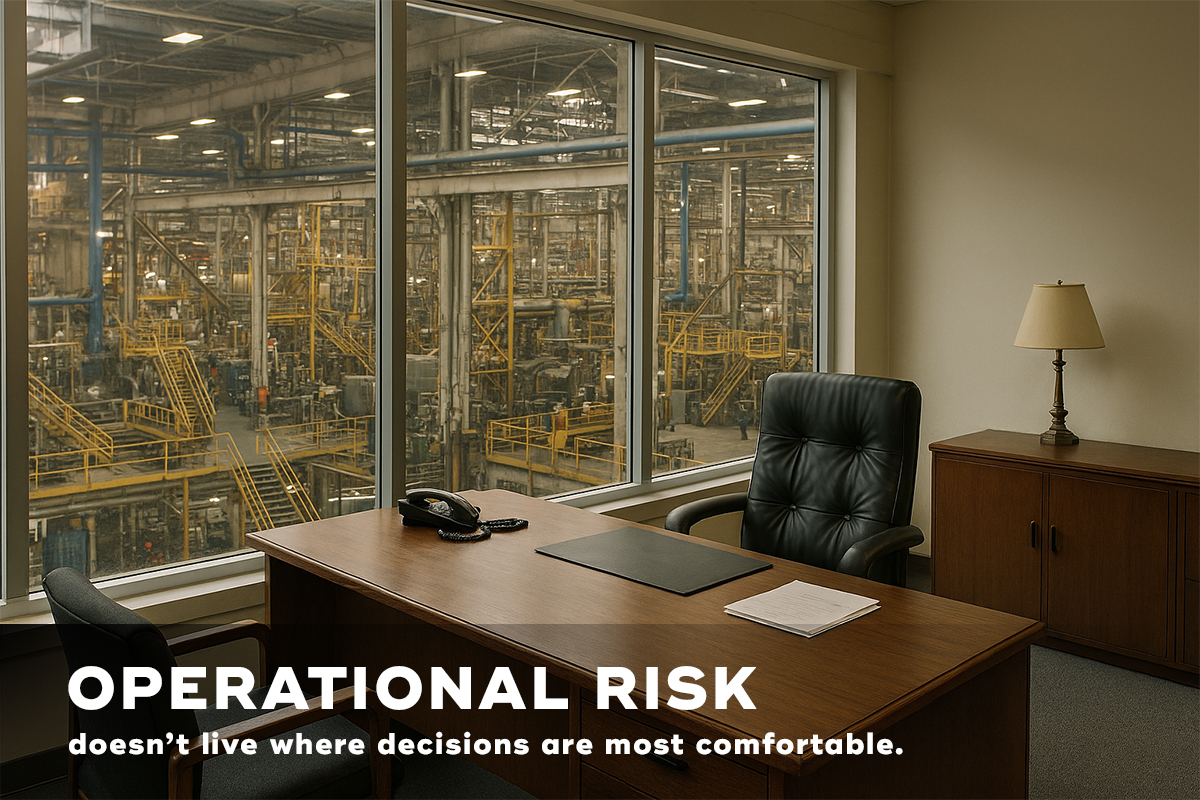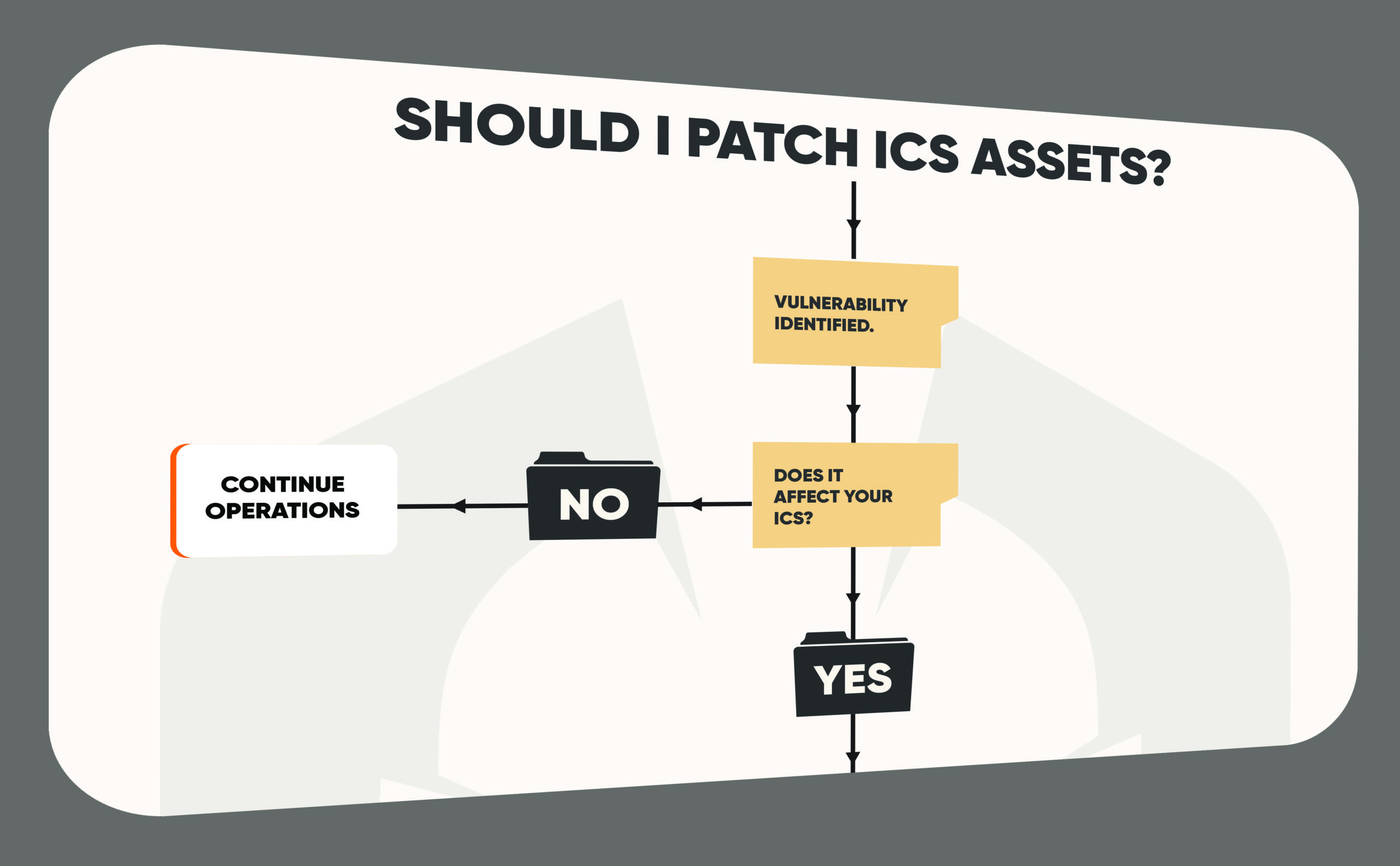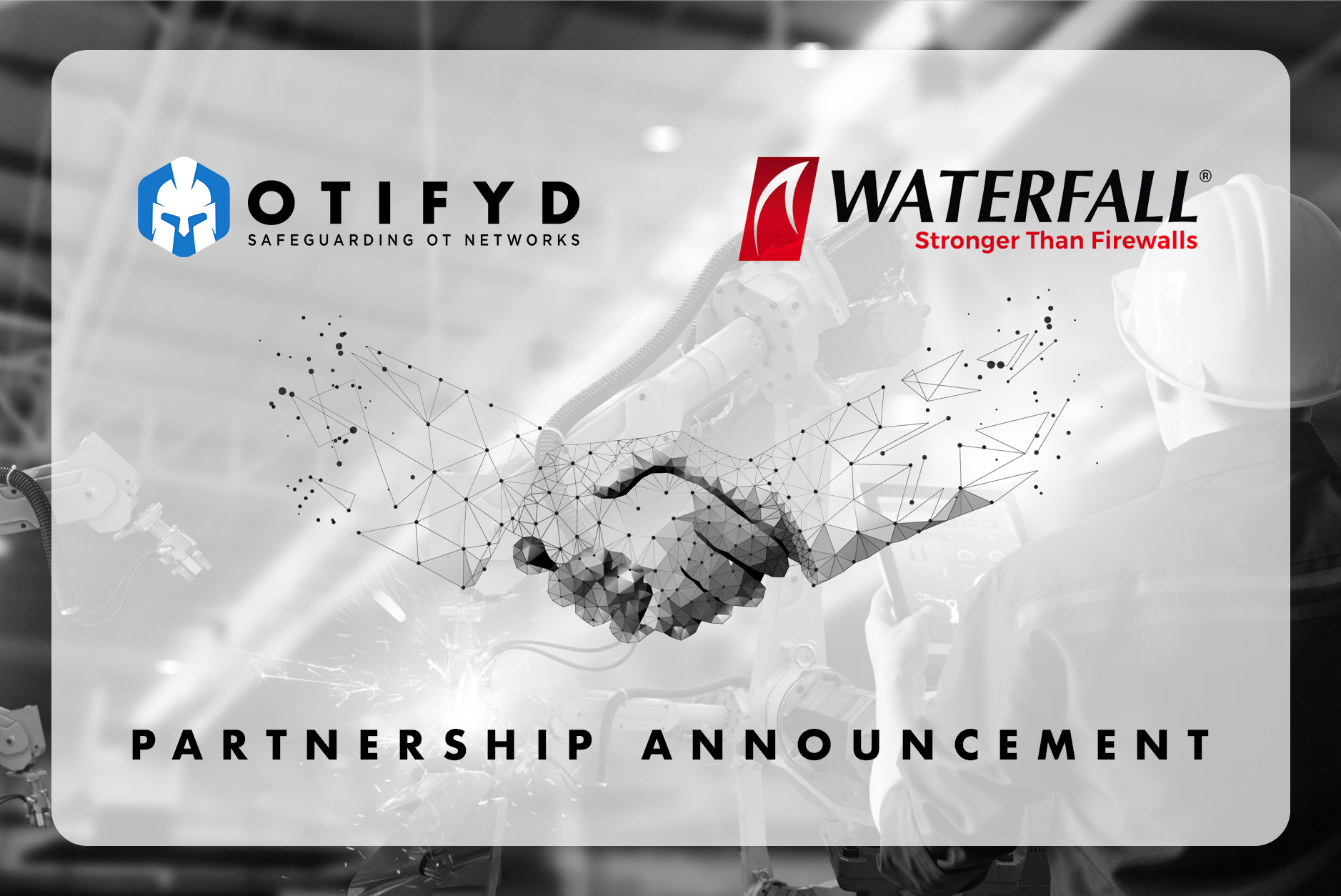Why IT Security Companies are Not the Best Choice for Securing Operational Technology
IT Security Company vs OT Security Company: Why IT Security Companies are Not the Best Choice for Securing Operational Technology
As industrial organisations increasingly rely on connected devices and digital systems to manage critical operations, the importance of industrial cybersecurity has become increasingly clear. Operational technology (OT) is the backbone of many critical infrastructure sectors, including energy, transportation, and manufacturing. However, securing OT systems is often more complex than securing traditional IT environments, and requires a specialised approach. This is why OT security companies have emerged as a separate field from IT security companies.
IT security companies are primarily focused on securing traditional IT systems, such as corporate networks and endpoints, while OT security companies specialise in securing industrial control systems (ICS), SCADA systems, and other critical OT infrastructure. While there may be some overlap in the technologies used to secure these systems, the unique characteristics of OT environments require a specialised approach to cybersecurity.
There are several key differences between IT security companies and OT security companies that make them better suited to securing different types of environments. Here are three of the most significant differences:
Expertise and Experience
Perhaps the most significant difference between IT security companies and OT security companies is the expertise and experience they bring to the table. While IT security companies are generally focused on securing traditional IT systems, such as corporate networks and endpoints, OT security companies specialise in securing industrial control systems (ICS), SCADA systems, and other critical OT infrastructure. This specialisation means that OT security companies have a deep understanding of the unique challenges associated with securing these types of systems. They have the knowledge and experience to deal with complex, highly specialised hardware and software, as well as the unique regulatory requirements that govern critical infrastructure sectors. IT security companies, on the other hand, may lack the specialised knowledge and experience needed to effectively secure OT environments.
Risk Profiles
Another key difference between IT security companies and OT security companies is the risk profiles associated with the systems they are trying to secure. While IT systems may be vulnerable to a wide range of threats, including malware, phishing, and insider threats, OT systems face a different set of risks. These risks may include physical attacks, supply chain attacks, and targeted attacks by state-sponsored actors. OT security companies are well-equipped to handle these types of threats, as they have experience dealing with the unique risks associated with critical infrastructure sectors. They have the knowledge and expertise to secure physical infrastructure, protect against supply chain attacks, and defend against targeted attacks by nation-state actors. IT security companies, on the other hand, may not be equipped to handle these types of threats, as they are not typically focused on the unique risks associated with critical infrastructure.
Regulatory Requirements
Finally, another key difference between IT security companies and OT security companies is the regulatory requirements that govern the systems they are trying to secure. Critical infrastructure sectors are subject to a wide range of regulations, such as NERC-CIP, NIST, and ISA99, that are designed to protect against cybersecurity threats. These regulations often require specialised knowledge and expertise in order to comply with them. OT security companies are specifically focused on complying with these regulations, and have the specialised knowledge and experience needed to properly secure critical infrastructure systems. They are well-versed in the specific regulatory requirements that govern critical infrastructure sectors, and can help organisations ensure that they are in compliance with these regulations. IT security companies may not have the specialised knowledge and experience needed to comply with these regulations, which could put critical infrastructure systems at risk.
While there may be some overlap in the technologies used to secure IT and OT systems, the unique challenges associated with securing critical infrastructure require a specialized approach. OT security companies have the expertise, experience, and knowledge needed to properly secure critical infrastructure systems, while IT security companies may not be equipped to handle the unique risks and regulatory requirements associated with critical infrastructure sectors.
IT security companies are not the best choice for securing OT environments. While there may be some overlap in the technologies used to secure these systems, the unique characteristics of OT environments require a specialised approach to cybersecurity. OT security companies have emerged as a separate field from IT security companies due to the specialized expertise and experience needed to properly secure industrial control systems and other critical OT infrastructure. Industrial organisations should work with OT security companies that have the specialised knowledge and experience needed to properly secure these systems and comply with industry-specific regulations and standards.


